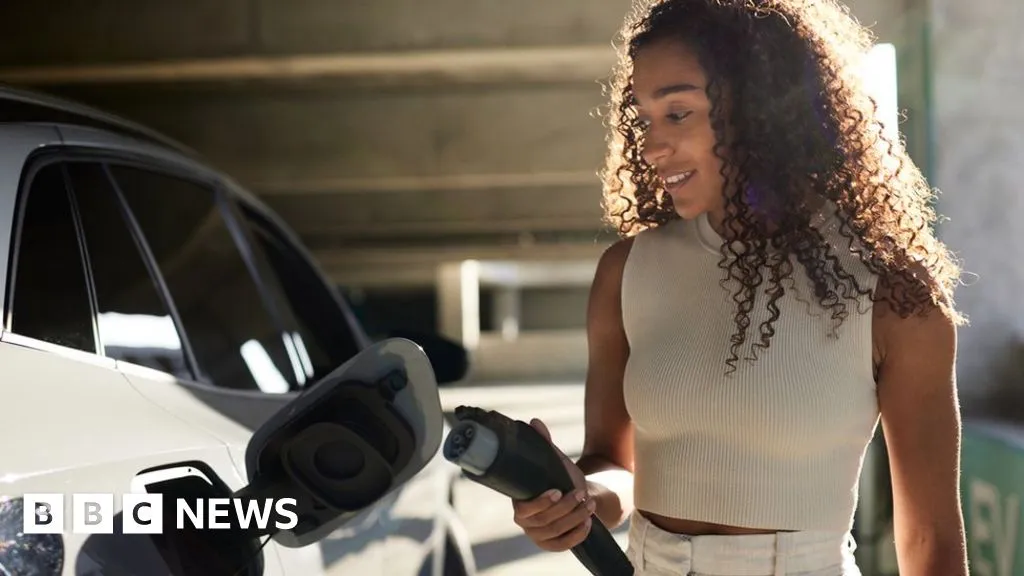Where will all the electric cars be charged?
Where will all the electric cars be charged?

Where will all the electric cars be charged?

Where will all the electric cars be charged?

Where will all the electric cars be charged?

This is the same problem ICE cars faced when they were rolled out. It isn't like there was a gas station on every corner when the Model T rolled out. As more and more EVs hit the road, charging availability will increase until we reach a point where chargers are ubiquitous. It may reach the point where every parking space has a charger.
This is a transitional issue that will resolve itself.
It is also way easier to install a charging station than a gas station.
Electricity is already available everywhere.
Except it's not the same, yet. Currently in the space you can have a fuel station cars can refuel in 5 minutes to full and be on their way making that pump available.
EVs need at least 30 minutes with the fastest charger to get from say 20 to 60 right? In either case they take up the bay. So you need to be able to handle many more at once.
If all bays are fast charge, that's a lot of power infrastructure required.
Now, all isn't lost. There's more ways to charge an EV. For example people can mostly charge at home, there could be ways to charge on the move (I don't wonder what kind of drag would be applied charging with induction) and then, yes charging points which we'd hope are used less often.
But the issue is the promises of X things done by Y year. Since there's just not been enough work done until now.
The footprints of chargers and gas stations aren't the same though. A lot of places I go have a row of 8-10 spots with chargers. No added footprint really, just installed at the front of the spot. Compare that to an 8-10 pump gas station, even without a convenience store. If you removed a gas station and replaced it with rows of spaces with chargers I think you'd get more cars through over a given period of time.
EVs need at least 30 minutes with the fastest charger to get from say 20 to 60 right? In either case they take up the bay. So you need to be able to handle many more at once.
No. The Hyundai IONIQ 5 and 6 (and likely 7) only need 18 minutes to go from 10% to 80%.
those fast chargers require huge infrastructure to scale out. 480v service.
But I can charge my EV at home so I only use public chargers like once every couple months instead of refilling exclusively at the gas stations. I also see a lot of people paying small amounts at the gas station (like 10-20 euros) so I'm guessing they visit them once per week. I have no idea how this impacts the overall occupancy rate but my guess is that a lot of city cars will not use public chargers at all so it's not like we're moving all cars for gas stations to charging stations.
It's what I covered later in that message. That we'll need some mix of home charging, fast charging but ultimately if we can get some kind of charging on trunk roads at least, it could just make EVs better than fuel driven cars.
That's what I always tell people too, I'm just meaner about it. I also tell them to go back to horses.
But where will my horses find water to drink and hay to eat when we go to town?!?
He will have to get used to eating bugs like the rest of us.